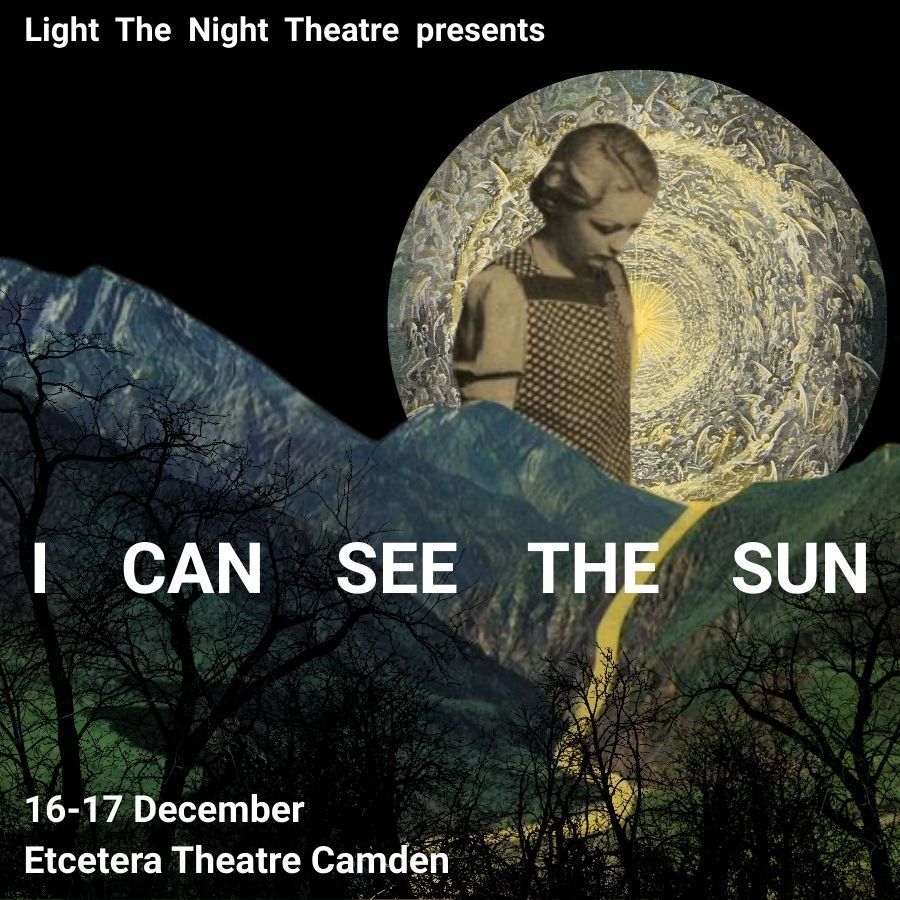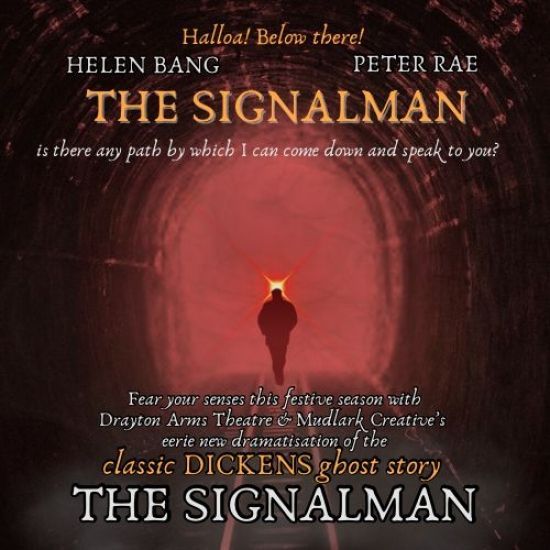REVIEW: THE WEDDING SPEECH at The Hope Theatre 29 Nov – 3 Dec and The Vault Festival Feb 2023

‘Princess Donnough is playful and engaging as Rose, but the real magic of her performance lies in her ability to subvert the audience’s expectations’ ★★★★
In a piece titled ‘The Mother’s Contribution to Society’, the English paediatrician and psychoanalyst Donald Winnicott (1896-1971) writes, ‘[E]very man or woman who is sane, every man or woman who has the feeling of being a person in the world, and for whom the world means something, every happy person, is in infinite debt to a woman’. The way a child inherits their mothers’ place in the world, and this attempt to quantify an ‘infinite debt’, is precisely the question that lies at the root of Cheryl May Coward-Walkers’ debut play, ‘The Wedding Speech’, which currently plays at the Hope Theatre, awaiting a transfer to the Vault Festival in early 2023.
Out of context, Winnicott’s quote may appear misleading. Importantly, neither Winnicott nor Coward-Walker are writing in blind reverence to the mother – far from it. Indeed, we meet Rose as she struggles to put together a speech celebrating her mother’s new marriage. How can she truthfully reflect on their relationship in such a way that conveys her intense love and appreciation for her mother, whilst still acknowledging the toxicity of her upbringing? Is such a thing even possible? Rose’s mother has had her share of trauma – an early sexual violation, plus the inherent hostility she experienced growing up as a black woman in the UK in the 1970s, are key among them. However, Rose is of a generation that recognises the importance of therapeutic intervention and healing. While her mother copes by suppressing her experiences, the daughter attempts to bring them out into the light, resulting in a violent clash.
This oppositional relationship is further complicated by Rose’s pursuit of a place in the world as a third-generation immigrant. While Rose is energised and excited by a trip to Nigeria, her mother is immediately uncomfortable and longs for the safety and security of her London home. The play makes explicit Rose’s struggles for identity and personhood; the women she sees in Nigeria are the ‘main characters’, that Rose wishes to be. In so doing, the play elegantly speaks to an experience that is both universal and unique.
Princess Donnough is playful and engaging as Rose, but the real magic of her performance lies in her ability to subvert the audience’s expectations. Rose directly engages with the audience throughout the piece, blurring the lines between reality and performance. The audience is encouraged to raise their glasses, reach out and share in the experience. Much as we feel we come to know the character, Rose continues to surprise and shock us. The moments where Donnough enacts confrontations between Rose and her mother are exceptional in their truthfulness and strength.
The play is short, and staging is simple, but despite this, emotional scope of the play is impressive. There are a number of shaky moments, particularly towards the end of the play, where emotions reach fever pitch. The use of sound to depict offstage action is a little unconvincing, particularly when the onstage performance has been so well managed elsewhere in the production. Likewise, the small set is slightly unkempt, and doesn’t serve the pacy writing. Despite these small issues, this play deserves to be seen. Audiences will get a chance to revisit this production when it comes to the Vault Festival early in 2023.
Photography: Emma Nwachuku
THE WEDDING SPEECH
The Hope Theatre 29 November – 3 December
The Vault Festival
21st Feb - Fri 24th Feb
20:15 (60 mins)
Details https://vaultfestival.com/events/the-wedding-speech/
Reviewed by Natalie Mackinnon
Natalie is a writer and playwright from Edinburgh. She is a graduate of the Lir Academy for Dramatic Arts in Dublin and the Traverse Young Writers group in Edinburgh. Her writing has been performed on stage in the UK and Ireland and has been adapted for radio by the BBC.





